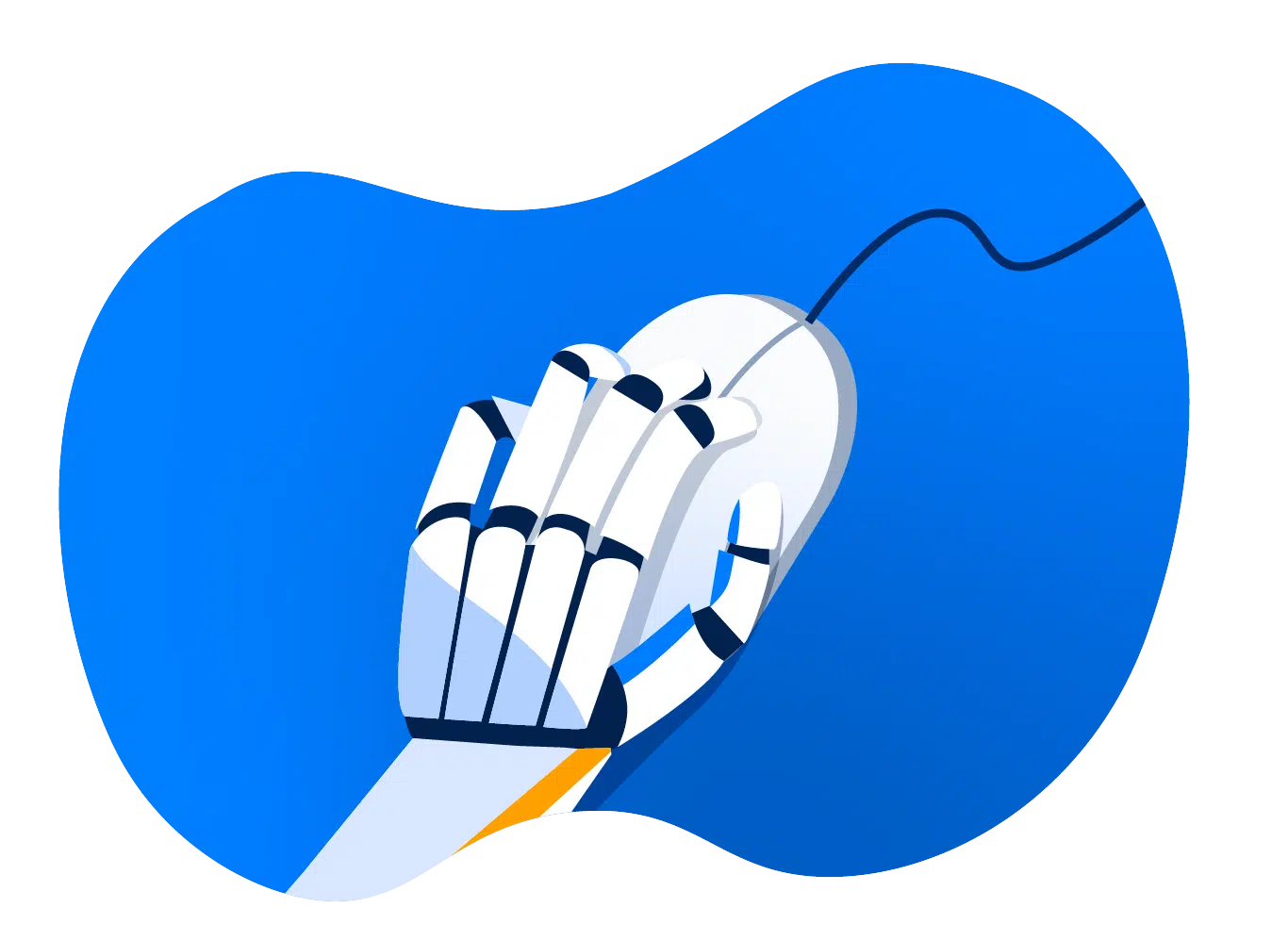Careers in RPA & RPA Jobs
Robotic Process Automation (RPA) should generate a large number of jobs in the future and will provide opportunities for both junior individuals and seasoned experts with years of experience.
Automation solutions may reduce payrolls for some companies. However, RPA tools will also create a large number of jobs. Further, while many of the jobs being eliminated by RPA or machine learning will be low-pay and tedious, many of the jobs created will be well-paying technical and business process jobs.

In fact, the average job in RPA pays around $73,861 annually. This is already a great wage and is weighed down a bit by junior positions. As the top 10 percent of people working in this field, such (as senior RPA developers) earn over $140,000, there’s plenty of room for advancement.
Those working in robotic process automation often focus on designing, implementing, and maintaining RPA solutions. Let’s take a look at some RPA jobs and what one’s role might entail.
The majority of companies are now using RPA to automate their back-office operations, which employees previously performed. This has led to increased productivity, reduced costs, and improved data quality. As a result, large enterprises are developing RPA programs that can be shared across departments or geographies. Another benefit to this is assisting in the onboarding and employee development portion of the business. If you can off-load micro-tasks, then you are more equipped to allocate resources to training, onboarding, and managing relationships with new potential employees. Using a company like Capacity can help you determine the best way to save time and properly allocate resources.
RPA career paths.
As a fast-growing field, careers in RPA offer a number of possibilities. Many of the jobs will be in technical development. However, there are also countless opportunities in technical writing, business analysis, and other, less technical fields.
The list of roles and job descriptions below is far from exhaustive. There are many other job titles currently available in RPA, and, as the industry evolves, more roles will be created.
Let’s take a look at some of the most common roles:
Developer: Build and implement RPA programs for companies, helping them automate business processes.
Project Manager: Act as a bridge between the business, technology, and other departments involved in the RPA project.
Solution/RPA Architect: A senior developer who, among other things, will set up the initial infrastructure and examine feasibility.
Business Analyst/RPA Consultant: Analyze business processes and identify automation opportunities, while updating stakeholders and working with the development team.
RPA Technical Writer: Put together technical documentation explaining the RPA program’s implementation and operation.
What about the working environment?
Some people looking for careers in RPA will join a company to implement RPA solutions internally as automation developers. Others will work as consultants and outside contractors, helping companies set up and maintain RPA solutions. Both on-premise and remote work is possible in RPA.
Implementing RPA solutions is a team effort. There are often many stakeholders. Technical teams, for example, will have to work closely alongside business units to identify opportunities and to implement solutions to automate business processes.
Multiple stakeholders can sometimes make projects more difficult to implement. However, those RPA experts with excellent interpersonal skills can use this challenge as an opportunity, leveraging their talents to see that projects are implemented efficiently and to the satisfaction of all stakeholders involved.
For businesses looking to implement AI solutions, customized AI Assessments are a perfect way to get started. Designed to recommend solutions and use cases based on your business needs, AI Assessments help businesses choose the right solution and successfully meet the AI future.

Get Started with AI
Capacity’s customized AI Assessments can help:
- Identify opportunities for using AI
- Prioritize use cases that fit your goals
- Build an action plan for implementation


